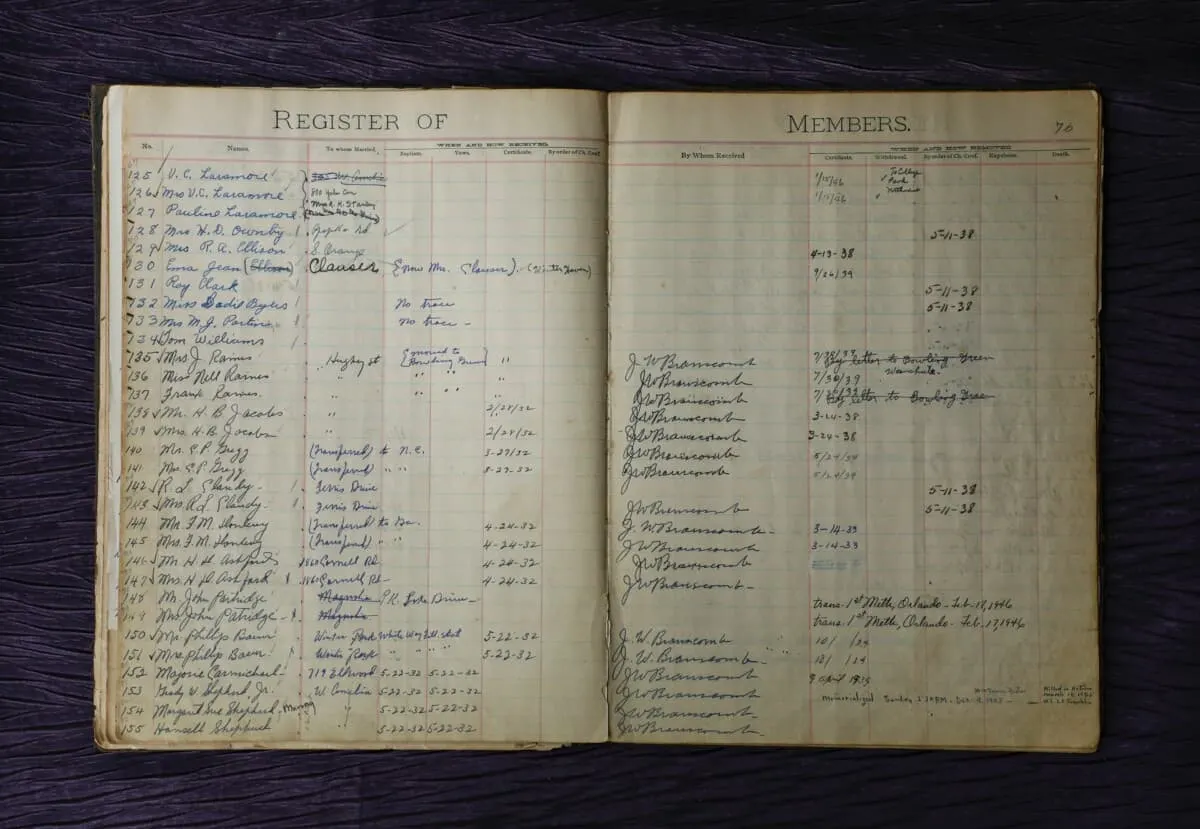We’ve all heard the old rule: never end a sentence with a preposition. But as language evolves and times change, does the supposed “rule” still stand? Can you end a question with the preposition “for”? You can end a question with the preposition “for.” Despite the traditional assumption that you should never end a sentence …
Noelle Rebain
In nearly every language, there are multiple words with similar meanings, but often those same words carry a different connotative interpretation or level of formality. Choosing the right one isn’t always easy, like when to use “start” or “begin.” “Start” is more appropriate for referring to machines or in business. “Begin” is more formal than …
Getting the mail can be exciting — until you receive a bill with a glaring red stamp marked, “past due.” But should it read “past due” or “passed due”? “Past due” is grammatically correct in the case of an overdue bill, deadline, or if someone arrives after the time you expect. “Past” can be an …
Both prepositions and conjunctions are seemingly insignificant parts of a sentence. Yet without them, a sentence can be either incorrect or incomplete. Some words can act as a few different parts of speech, and “about” is one of them. The word “about” is not a conjunction. It can be a preposition, an adverb, and even …
English grammar is anything but straightforward. There are rules you can follow, sure, but every rule comes with an exception, and every exception affects the way you interpret the rule. For instance, is “A or B” singular or plural? When “A or B” are both singular nouns connected by “or,” you’ll need a singular verb. In …
Lists play a critical role in all kinds of settings. There are lists for organizing items you need to remember, lists you can use to categorize people, places, or things, and even official lists of names in education or employment. But what are those lists called? An official list of names is often called a …






